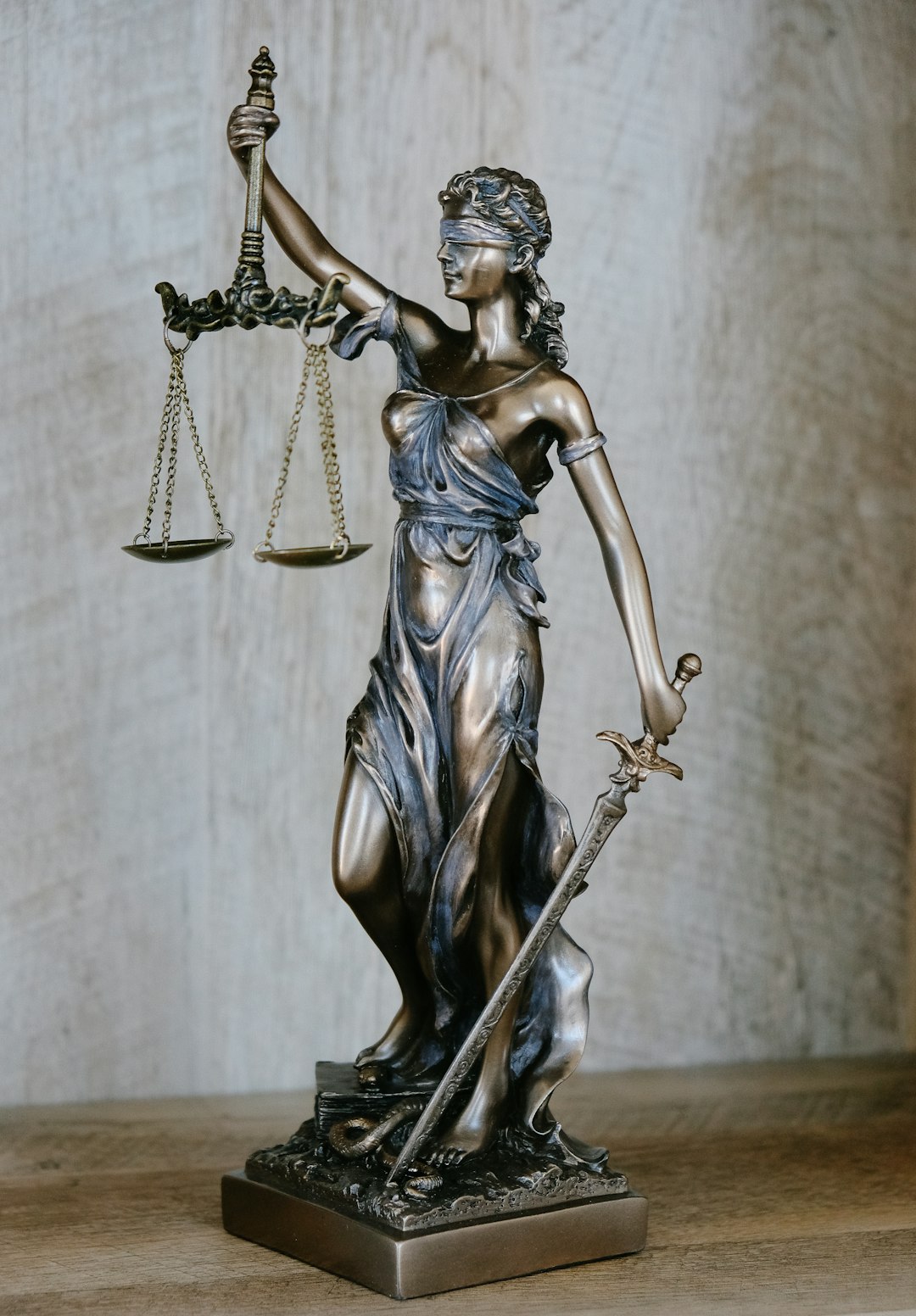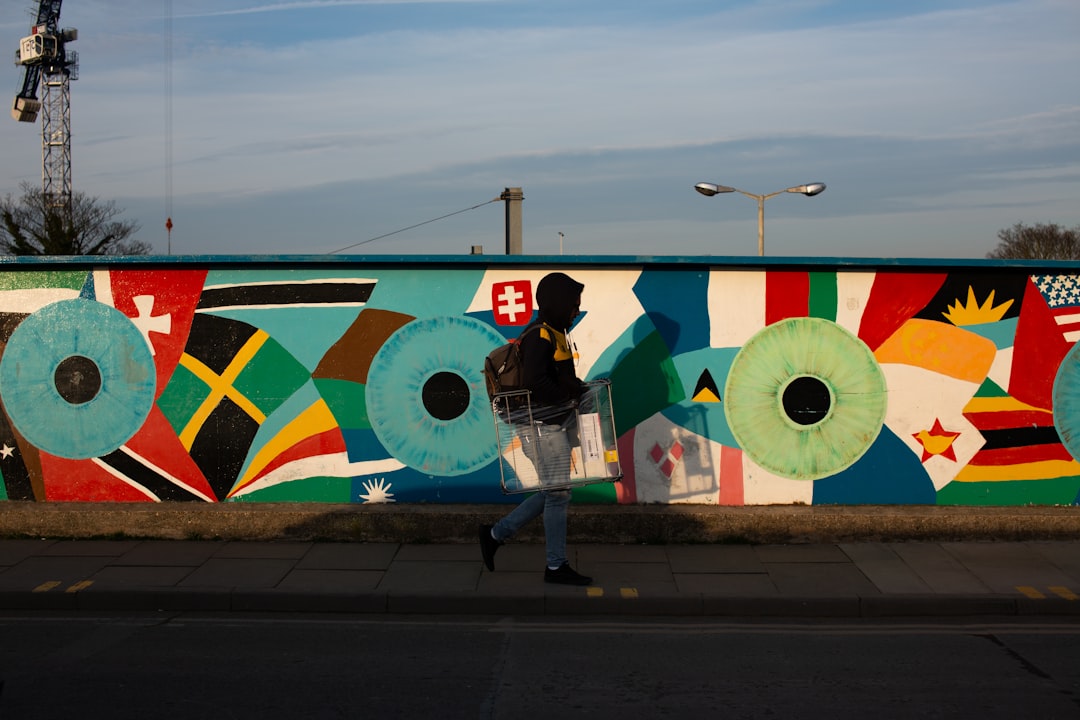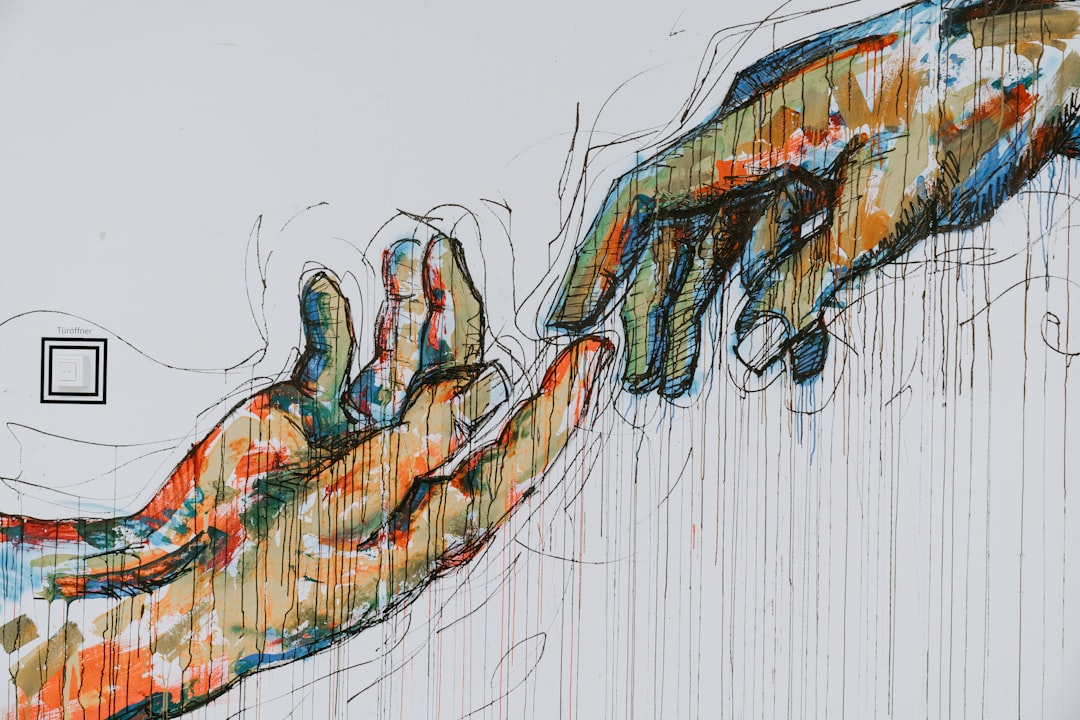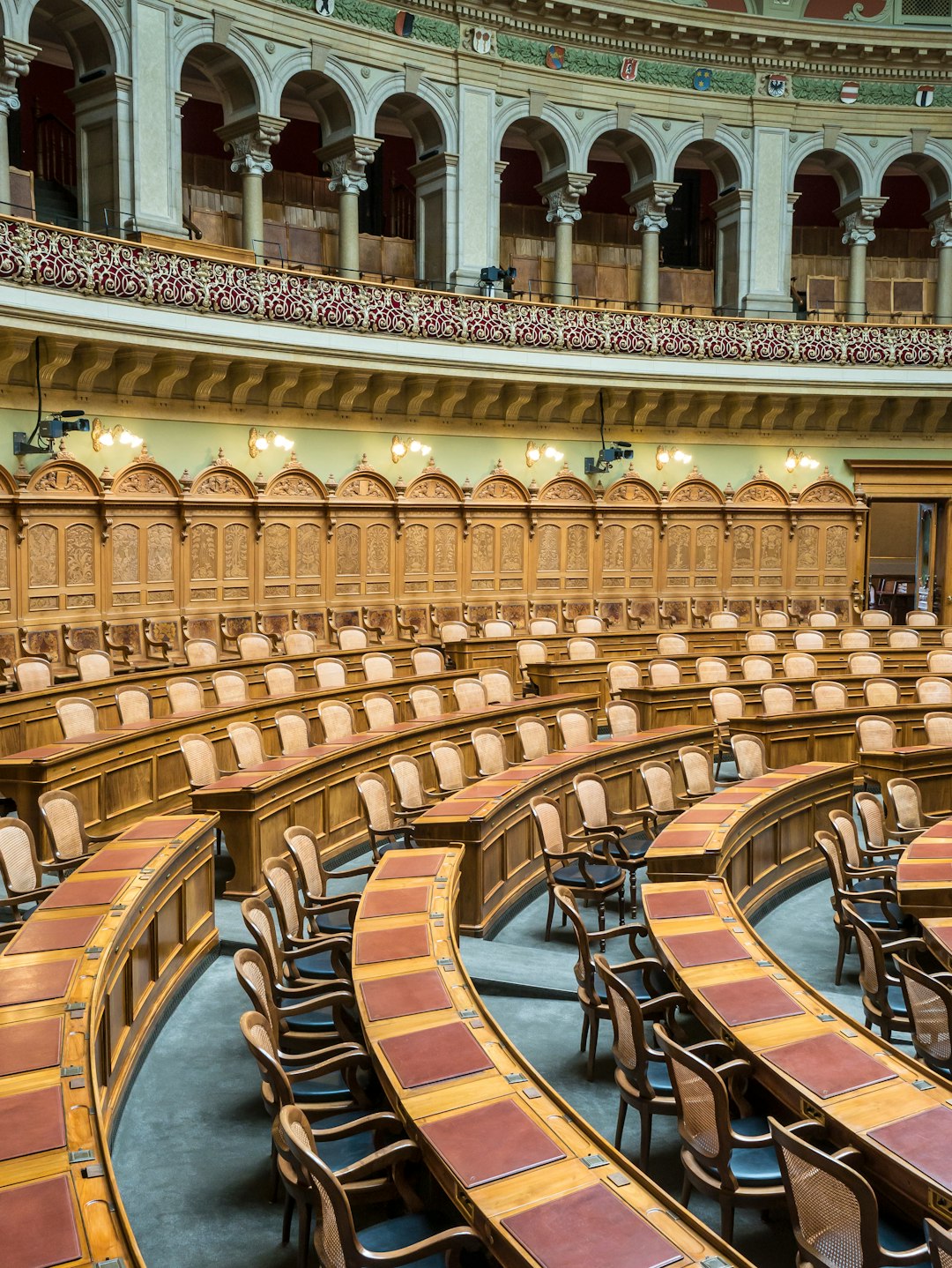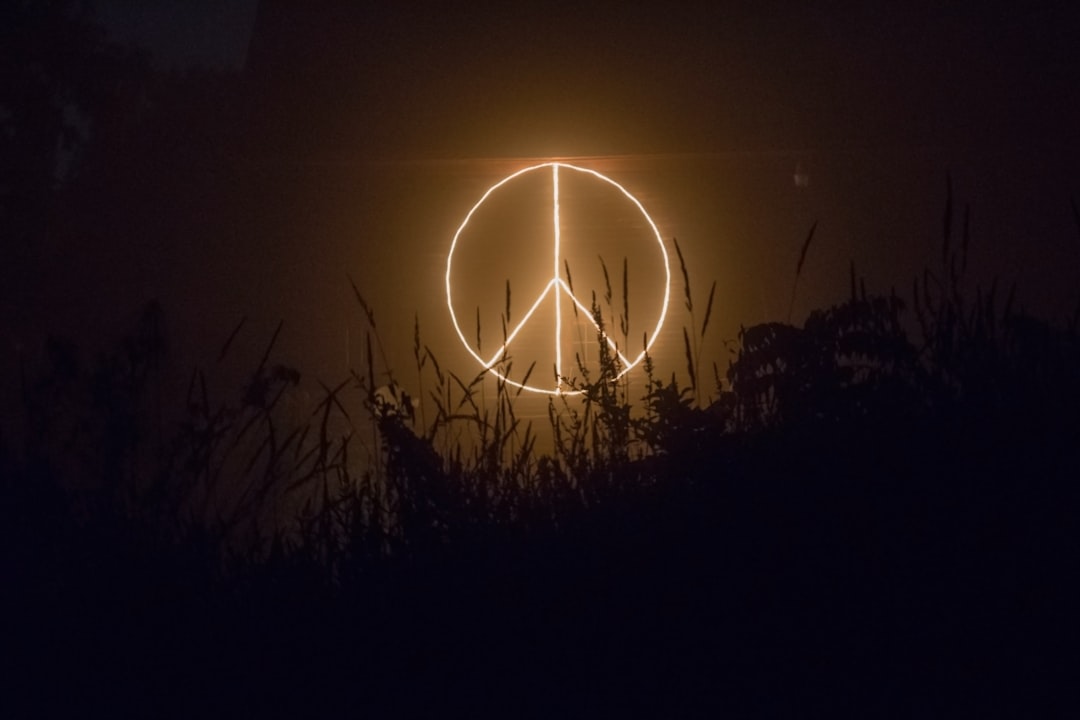Lessons from Bosnia — Part 10
Community and Human-to-Human Relationships

This is probably one of the most important topics I could write about. Everything I wrote about so far, in all the 9 lessons from Bosnia has value because of this topic. After all, it is all about the society and humans, right?
Have you ever heard of the saying:
A fish stinks from the head, but it’s cleaned from the tail?
The saying implies that when leaders ‘go off’, the only way to fix the society is from the ‘bottom’, meaning, ordinary people. However, what if the people are not ‘rational’ enough to do what needs to be done? How do social problem effect ordinary humans, and what kind of relationships will they have? What if the environment created, the environment in which they live, has shaken their rational thinking?
It wouldn’t be fair to blame everything on the current situation. The fact of life is that we inherit all sorts of traumas, and if there is nothing to teach us otherwise, we just get worse. This can be said for any society.
By nature, Bosnians are stubborn, brave, and proud. In the past, they’ve always been modest. They’ve always been good people — I am proud to admit that we’ve always been on the right side of history. We’ve never attacked anyone. We’ve never been indifferent to the problems of others. Heck, even today, when Bosnians are greedier than they’ve ever been, beggars in Bosnia can make a decent living from the change that people give them.
Historically, I believe it would be fair to say that Bosnians have been discriminated against for well over a century, maybe even longer. During the Ottoman Empire it was okay, but not like we were independent or particularly respected.
That rule ended with Ottomans just handing us over to the Austro-Hungarian Empire. Anyone involved with Palestine now should know that Ottomans had a habit of doing that back then. Situation is unclear, but I’m not here to make sense of that. For now, many Bosnians felt abandoned by this power that brought some sort of order to the region. Many Bosnians left Bosnia. In fact, one of the most famous poems written by a Catholic, Aleksa Santic, in Mostar is called ‘Stay Here’. Aleksa talks about the courage of Bosnians, mostly Muslims, that enabled Bosnia to survive. We, as a nation called Bosnians or Bosniaks, have always respected freedom of religion — I’ve already covered this topic. Austro-Hungarians were not so inclined. They wanted to, they tried, but at the end of the day, they were and still are far more inclined to Croatia than Bosnia, and religion is the only reason.
After the Austro-Hungarians came the Kingdom of Serbs, Croats and Slovenians. And then we had Yugoslavia. In Yugoslavia we had to be either Croats, Serbs or undecided until the 1970s. In the 1970s they introduce the option ‘Muslims’. Furthermore, our language was called Serbo-Croatian. These two facts alone are enough to indicate that Bosnians had no right to self-determination, or their identity that they had for centuries. That vital element was taken away from them.
And then we had the 1992–95 war where the majority of the population, the Muslims, were the main target. So the regime took it that one step further — after attack on identity, we had an attack on life, it doesn’t always happen, but it is common. Up to that war, Yugoslavia was all about ‘Brotherhood and Unity’ — for many Bosnians this now feels like a big lie. It seems like Muslims in Bosnia were the only ones who truly believed in this ‘brotherhood’.
In short, one generation after another faced all kinds of oppressions and discriminations, and paid a heavy price for trusting all sorts of lies.
Usher in the Dayton era — again, I have written about this. Dayton promised to end the war. It is now clear that that is not what Dayton did. Dayton ended the military war, but it enable the enemies of Bosnia to invade through the political system that Dayton created. If you look back to the Dayton article, you will find that a German has just recently insulted Bosnians the way they never thought they could be insulted in a democracy, especially not by a European politician.
Bosnians are emotional people. Sometimes temperamental, but sometimes, despite their deep emotions, they do act like they are calm. Let me tell you a story to illustrate this.
Long time ago, we had a meting with one of the Bosnian officials in London. The hall was full. We were running late, so we had to stand at the already crowded doorway and listen carefully. My brother needed the loo. I remember his boots squeaking as he walked down the hall, then the door slammed as he went into the toiled, the water splashed, then he squeaked back to us, then he opened a bag of tissues — he was making a lot of noise. An elderly man who stood in front of me moved back, sat on a chair near the back wall, and started rolling a cigarette. Then, even so gently, he looked at my brother and calmly said ‘You get on my nerves so much’.
To this day my brother is ashamed of this. He’ll probably hate that I shared the story. But it shows the way many Bosnians tolerate discomfort, sometimes even pain. On the other hand, there are many of those who will ‘explode’ at any annoyance. Of course, these are the ones a foreigner is more likely to hear about.
What a foreigner might not know is how we treat each other with less respect then foreigners. A Bosnian is far more likely to show respect to a foreigner than to a Bosnian. We expect nothing less than ‘perfection’ from one another. However, please keep in mind that ‘perfection’ is subjective. It is different for every person. In other words, we now have a society where any disagreement will cause breaking of relationships. Unless, money is involved. But I’ll get to that.
True story: there was a protest in Sarajevo against the decision made by the OHR, decision that insulted citizens of Bosnia, insulted democracy, humanity, respect, and served ONLY one political party. A political party that is Croatian. This political party shouldn’t even be allowed to operate in Bosnia on the grounds that it disrespects political independence of Bosnia. The protest was big, however, no where near what it should have been. This was far worse than any other issue Bosnians had faced. Many people were so angry, I can’t remember if I had ever seen them that angry. However, they didn’t attend this protest because there were some people present who are part of the political system, therefore the protest was really about them.
I was shocked. It basically means that Bosnians vote for anyone, they don’t think about it all that much. Not to mention that breaking a protest in Bosnia is a piece of cake — just send in a few questionable characters, and there you go. I tried to explain that they can’t just not attend for any old reason. They didn’t even want to hear it. Their explanation was that they don’t want to be seen at the same protest as ‘that group’. One very bright, smart woman went as far as to compere it to being seen with a Nazi. She admitted that she was exaggerating, but that her point is how our reputation could be ruined by being seen in the vicinity of those individuals from those groups. I admit, those groups are corrupt, many of them belong in jail, but no where near the ‘Nazi’ level of brutality. And this was no time to just stand aside because of something so petty. The issue that we had to address was far bigger than ‘they are also present on the streets of Sarajevo’. However, not so for Bosnians. For Bosnians, the issue that the protest addressed had a life of its own, separate from them, they were the victims of that issue, and the main thing was that they were not see as ‘supporting’ those ‘groups’ present at the protest. The idea that being present at the protest had nothing to do with anyone else present but with the reason for the protest meant nothing to them. Even the newspapers wrote about who was present rather than what the protest was for, or against.
Bosnians have become so accustomed to being lied to, they only trust liars. This might sound absurd, but it’s almost like if you lie to them, then they can relax. If you tell them the truth, it throws them. You must be lying, so if you are truthful they fear you. They do not believe that people are capable of being truthful. They look for lies in your truth, and if they can’t find it, they’ll make it up. Same can be said for doing things for free. They do not believe in volunteering. They are convinced that everyone is making money from everything they do.
I’ll give an example. I was the main coordinator for Plenum of Citizens in Zenica, my home town. I played along even when I was certain that they were wrong. I tried to steer them away from things that were wrong, but I always left it to the majority vote, and whenever it was proven that it was wrong, I was there to fix it. And there were times when they abused my good nature, like one meeting when I prepared everything: the plan, the information, I was taking the notes, typing them up, I did the financial records, I was keeping in touch with everyone, and at the meeting they said that it was my turn to make the coffee. I got up and made the coffees as well. I was trying to get their trust. They already trusted one guy that barely had any knowledge, who was clearly lying, disrespecting them, and he was there for personal benefit, however that guy was a Croat. But, I thought if I prove myself, they will learn to trust me. I realised that there was no way they’ll ever trust me when I heard that they think I was being paid and I brought it up.
At another meeting I told them “You’ve got access to all the statements, bills and receipts. You know how much we get, and how the money is spent. You’ve agreed to it all. You can share all the info with anyone. You have access to it in hard copies and electronic format any time you want. It’s right here in the office. I’m not here all the time, and you have the keys. You can come and go through it all any time you want to. How can you think I’m getting a penny out of this?” They said: “You have a secret donor.” I can’t prove something that doesn’t exist. I can prove only something that is, and I did that to the fullest.
I was angry. I’m still upset about this. And I wanted to just leave. There was a time that I regretted trying to help those idiots. But, then I realised that if I left I would be like most other clear-thinking people in Bosnia. I realised that most good people in Bosnia hide away because it is painful to tolerate this kind of behaviour. I also reaised that if so many people in Bosnia weren’t so damaged, Bosnia wouldn’t be in so much need. Most of all, I realised that it’s not entirely their fault. They needed serious help, and I had a choice to either grow up and do what an adult must, or just abandon my responsibilities and leave.
Many people in Bosnia behave like children. Part of it is inherited from Yugoslavia and the system that made sure no one should have any independent thought. Very few people dared to do anything outside the system. You had a job, a place to live (what kind of place is another issue), you had regular healthcare, free education (what kind of education, also open for debate), police was dependable (though probably also brutal), and a country that was basically self-sufficient (summer holidays on the beech, winter holidays in the mountains, all without a need for a passport, and with very little money) — no wonder many are nostalgic for this system to the point that they forget that that system let to a brutal war in which there was a genocide like the Europe hadn’t seen since the Holocaust. They have also forgotten that during that system many Bosnian intellectuals ended up in jail for 5–10 years for ‘verbal misconduct’.
Dayton was supposed to bring democracy. In a democracy, even if you have social support, and housing, and healthcare, and education, and it’s all just handed out, people have a responsibility to decide, to think, to get involved. Bosnians tried this, but because Dayton is NOT democratic, this turned into another lie, making them feel like they have no say, and therefore removing the responsibility. As a result, Bosnians are like teenagers who feel powerful only when they are above the law like the politicians, and they feel like they should only care for themselves. i.e. if they can’t get anything for themselves right there and then, it’s not worth the effort because someone else will abuse them and turn their involvement into a personal gain.
I am sorry to say, but many Bosnians who created various organisations or started some sort of business, have done just that. They’ve abused their own people.
To be fair, although I am fuming at Bosnian who are in positions to help Bosnia but choose to help themselves instead at the expense of Bosnia, after so many generations of betrayal it is reasonable to expect that many people will side with the enemy for their survival. However, in many cases it’s not a question of survival but greed. They feed their egos with having the biggest house — for example. I can’t explain how many people in Bosnia, in fact, I would say it is common for parents to sacrifice everything to build a house large enough for all their children to have a home when they get married and have a family of their own, yet they see that more and more young people are leaving Bosnia. How are they not asking themselves what will they do with a huge house in a country that is facing crisis? Shouldn’t they focus on the crisis first and then build the houses?
Many Bosnians will claim that there is nothing they can do about the crisis, so what’s the point of trying. They are simply too stubborn to understand that they can do something, but they have to be persistent, not so easily insulted, to fight for their rights, and to trust wisely.
Furthermore, I’ve had cases where I suggested cooperation of some sort, and the idea was rejected because I too would benefit. Yes, apparently I was supposed to suggest projects that would be of benefit to them, NOT to me. It’s insane. However, this is something I’ve had in the UK as well. Not so often, and not as open, but it seems to be spreading. It is reasonable to assume that if I (or anyone else) suggest cooperation, both sides should benefit. Otherwise, cooperation of any sort will no longer exist.
Cooperation, however, exists in Bosnia. The whole society is divided into little gangs of different levels of corruption. In my estimate, political parties are the worst, with the HDZ taking the lead. But, after 30 years of Dayton, nothing has been left untouched. We are at the point where there are no rules.
It started with the corrupt system and then spread to the Courts of Law (you’d be surprised by what sort of stupidities judges in Bosnia get on with — historically, a judge was like the peak of elite, you could not do better than being a judge, in fact, there is a saying: Da je do kadije kao od kadije, meaning, I wish I had the benefits on my way to the judge as I had on my way from the judge, now in the system of political invasion, judges are as stupid as any other citizen), then to education (you can buy a diploma in Bosnia, we know which universities sell them, yet they still operate), and now it is common. Ordinary people purchase jobs in all sorts of companies including Electric, Telephone, Water, Waste, Post Office — everywhere, so nothing operates well but everything exists. This gives the impression that you don’t need to know what you’re doing to be a director. Hence, the value of knowledge and abilities has disappeared from daily lives.
However, it seems knowledge and abilities are intrinsic to the way we humans value one another. So there are MANY cases where those who have a ‘good job’ envy those who have knowledge and refuse to take part in corruption, and end up being unemployed. The envy is yet again part of that lack of responsibility I mentioned earlier. They took part in corruption. They know that was wrong. The excuses they give are lies. We all know it. They know it. They want to believe those lies, they even try to convince themselves that others stupid. They take some comfort in the money they make, but on daily basis I hear stories of members of families attacking one another on the grounds that everyone should just buy a job. I.e. instead of facing their own corruptive self, they turn on others to also become corrupt to avoid their judgment.
I could give 1000s of examples, but I’ll state just one for now. Department of Pensions employed a capable young woman who had no political affiliations. She did a fantastic job for six months. Instead of renewing her contract, the directors employed another woman who didn’t know what she graduated. It was soon obvious that the woman who got the job had no idea what the heck she was doing. She was employed due to her connections to the HDZ party (yes, the same one, however, rest assured that it could be any political party, in fact, now we have political parties that claim to be for Bosnia, but with their deeds they serve HDZ, like Nasa Stranka — terrible business), and therefore, she could not be fired. Instead, what the ‘geniuses’ thought they would do is make a collection (as in donate their own money) to pay the other girl to come back for one day a week and fix the mess. They were going to give their own money, to employ a person secretly, to do the job that the girl paid to do couldn’t get done. This is the worst case I have heard. Other cases are about incompetence, but this is the only time that a board of directors considered giving their own money to just get back the girl they could have kept. Or at least in theory they could have kept her and told the HDZ where to stick it. Of course, they feared HDZ because of the international community.
I know people who have never been good at math, they have somehow graduated Economics, and are now employed in the Electric company. Our bills keep getting higher — the money for their wages has to come from somewhere, and apparently ripping off poor pensioners, and everyone else in the country, is fine. One of these jobs goes for about £5,000, and you have to take the director and his wife on an all-paid trip to some foreign country. As I type this, I honestly feel ashamed. I am wondering if I should tell you how selfish Bosnians can be, despite being in a society that is giving and caring. I’ve been a victim of stolen ideas by employees of the international organisations. Plus, I have no idea how these foreigners come to Bosnia and act like they left their brain at home.
In fact, that is yet another strange thing. Bosnians are very hard working when they are building something that’s their own. And they are better behaved when they leave Bosnia. I know people who live in Germany, Austria, Italy, England — when they go ‘back’ to these countries, they never throw rubbish around. They come to Bosnia and it’s like they see the whole country as one big rubbish bin. And it’s a well known fact that many houses in Bosnia look terrible from the outside. You’d think filthy people live there. But when you go in, it’s as clean and organised as a pharmacy.
In short, Bosnia has become a complex web of extremes. From people who show no moral values at all, and are working hard to normalise corruption, theft, greed, lies, betrayals, and such, to people with such strong moral values that they’d rather live alone, in poverty, insulted by criminals.
The injustice alone is hard to watch. We read daily about people in politics who belong in jail for all sorts of crimes, including war crimes, or supporting war crimes, and how they are living life large by abusing Bosnia, yet the whole world respects them. Flick the page and you could read about some hero who risked his life to fight for Bosnia, to save others, but is now facing false charges, and is being harassed by the court for daring to fight back during the war. The international community looks down on these heroes, probably because they still trust our courts?
We have a system that supports criminals and criminal activity. We put on a good show for the lame foreigners who trust the most immoral beings among us, and those foreigners are very quick to exercise their power. We constantly have to write to them and tell them to just back off.
In summary, here are the main lessons how the whole thing affects the society, the community, the human-to-human relationships in Bosnia:
1. There is no trust. Without trust, there is no security, there is no faith, there is no community. People still socialise, but honestly, most of the time they do it for some kind of benefit. They complain about the old days when they had a normal society, when people trusted one another, they believe it’s because ‘no one lied’, it felt secure. They want that back, and they expect that someone must give it to them because someone took it away.
2. How the people of Bosnia are seen and how they feel are two very different things. We could argue that they need to come out more, that the world should see the true side of them, but they do not believe the world is interested in the truth. So, they behave one way when they are in their own space, and completely differently when they are outside their own walls.
3. Bosnians have be ‘dehumanised’ or at least discriminated against for so long, their self-respect has been damaged. There are those who rebel and act like they are more than they really are. Then there are those who’ve surrendered and see their survival in siding with their own enemy. And then there are those who see it, and they don’t want any part of it. They just find a safe place for themselves, and watch it all play out until death finds them.
4. Bosnia is a society of extremes and contradictions. One moment they will go out of their way to help you, but as soon as you ask for help they act like you’ve insulted them. They will hardly ever say please or thank you, yet as soon as you give them a gift of any kind, they must repay you somehow. They will see themselves as perfect, and curse the whole world for dehumanising them, and then they will do the opposite of who they are, what they like, just so that someone else will like them. They do not trust anyone until they read some lame article in a newspaper and overreact, but they could also have not react at all to another very similar article.
5. Lack of responsibility, or lack of having their voice respected which has led them to believe they have no power and therefore no responsibility has made them behave and think like teenagers. If you can drive fast, get caught, and then get away with it, that’s like so cool. Dangerous and bad driving is almost like a sign of some cool accomplishment. And so is breaking any other law and getting away with it. Including crimes against humanity. Our judges will persecute members of the Bosnian army for no reason, yet the members of the enemy armies (there were two, Serbian and Croatian) get away with crimes we all know they did because there are recordings of it online.
6. People’s need for responsibility is reflected in the way they provide for their children. It is common for parents to give their child a home and a job. Hence, new generations are growing up in an environment where they are not responsible for their society, and now they’re also not responsible for themselves.
7. Virtues are obstacles in Bosnia. For too many years the ‘elite’ has been normalising corruption, lies, greed, and looking out only for self-gain. It’s got to the point where ‘normal’ people in Bosnia believe that the solution is to have 90% of the judges and professors removed, have their diplomas revoked.
8. The idea of humanity comes and goes, almost like it is in our DNA to be good human beings, but the society won’t support us if we are, so we are not going to be. This is true for every profession.
9. Knowledge has lost all meaning. In Bosnia, the idea that people learn while they’re alive is wrong. There is no point in learning. The only skill you need is to gossip and manipulate others. People who have knowledge are treated with less respect, and often accused of preaching. I know only a handful of people who read for pleasure. Yet everyone is somehow knowledgable. I don’t know where they think they get their knowledge, they certainly do not work for it, but they have firm faith that they have great amounts of knowledge. It might be because the schools are tough, but for most people schools, were long time ago.
10. People of Bosnia are perfectly capable of making a decision and stubbornly sticking to it in private. In public, it is as easy as pie to get them to change, to remove their support, or gain their support, to get them upset, to please them; simply put, to manipulate them. In short, they have their own ‘I’ when they are in private, as soon as they come out into the world they do not believe that anyone respects them enough for them to have that ‘I’. Sometimes this is true, people in Bosnia are disrespected, but sometimes it is not. Sometimes, like in my case, I do respect them, even love them, but any time I disagree with them, on anything at all, they will see that as disrespect. Their ability to tell what is respectful and what isn’t is a bit confusing. And the smallest of disagreements can break relationships for good, and people could be labelled as ‘bad’, while others who are bad, and do bad things, are simply tolerated.
11. Torn between deeply rooted human values, being stubborn, being dehumanised for many generations, and the environment that doesn’t value human characteristics, Bosnians are having a tough time facing themselves.
12. Bosnians are far more likely to vote for a corrupt, greedy liar that they know than anyone that they don’t know.
After all that, Bosnians need to use the brain in their head more than the brain of their heart. They need to grow up no matter how impossible that my seem considering the circumstances. Knowledge must be returned to its rightful place. Without that, Bosnians are their own worst enemy. They have to acknowledge that the situation in Bosnia is so bad because of normalising corruption, lies and greed. They have to stand up to that. We must become a society that will resist this, resist being proud to break the law and get away with it. How someone else did it is irrelevant. Bosnians must look at their own actions before judging anyone else.
My people need to make a list of priorities. I know that free, independent, fair, just and prosperous Bosnia that respect all the citizens equally is their priority. But they need to use the stubborn side of themselves to make that a true priority.
They must get involved in their society more than they are involved in making their homes. If they spend 3 hours a day cleaning and fixing their home, they must spend 4 hours a day doing something for the society.
They must apply pressure on journalists who are writing stupid articles in a strange language — it’s Bosnian, mixed with strange versions of English words. Like ‘sugestija’ — derived from the word suggestion, which in Bosnian is ‘prijedlog’. I have no idea why they don’t use Bosnian words, but this is another issue that ctizens of Bosnia have allowed. ‘Edukativno’, again completely common while in Bosnian we have ‘odgoj, skolovanje, obrazovanje, vaspitanje’ — each of these words covers a different type of education, but it seems that Bosnians just don’t think about it. It’s much easier to use ‘edukativno’. It’s completely stupid.
Bosnians need to stop feeling sorry for themselves. Yes, it’s been very hard. No, no one cares apart from us. We can care about one another, no one else will care about us that way. We must find a way to face the issues that we must deal with. I know it’s hard. But we have no choice. That’s it.
Lessons from Bosnia — Part 9
Rule of Law versus Rules and Laws — one of the most fascinating things to look at. Especially if you add: Rules of Law — man alive, a whole solution to world peace in just those.
Lessons from Bosnia — Part 8
I’ll have to start by defining the word. Not because we don’t know it, but because we don’t use it half as much as we should.
Lessons from Bosnia — Part 7
As I said in the first part, this is a big, huge, topic. I am wrecking my brain on how to keep it simple. I’ve decided to start with a number of my own experiences that show this topic, and then we’ll have to mention some very boring yet confusing details.
Lessons from Bosnia — Part 6
Whether you are religious or not, religion is something we’ve all had to discuss at some point or another. It’s just one of those worldwide topics that prevails no matter what. Some might argue that the world would be a better place if religions didn’t exist at all. I’m not so sure. Each and every prophet I’ve ever heard…
Lessons from Bosnia — Part 5
This is the most important topic we will discuss. At the same time, it is the biggest topic. This could easily be a book, and I could easily do a hundred talks just on this topic. We could talk about information overload, sifting through what is important, what is not, lies versus the truth. We could talk about miscommuni…
Lessons from Bosnia — Part 4
In the previous article, I showed that democracy is NOT a bad idea. Sure, it might be harder to put into practice than dictatorship, where you have one guy giving out orders, and anyone who disagrees is simply removed. It doesn’t take a genius to make that happen. And you do not have to be all that smart to see the li…
Lessons from Bosnia - Part 3
The only president I remember in my childhood was a guy called Josip Broz, also known as Tito. He died few months after I was born, and we must have had a president during the first ten years of my life, however, I do not remember ever hearing about him, and I am certain that his picture did not hang in every classroo…
Lessons from Bosnia — Part 2
I do not want to bore you with details of the actual agreement (and oh my goodness, those are dull) since that wouldn’t add to the article. Besides, we are planning to make a documentary about ‘paper’ vs ‘reality’, i.e. show the boring details of the document with the very interesting way they translate into real life.…
Lessons from Bosnia – Part 1
Many people think of war when they hear 'lessons from Bosnia'. They think about genocide, mass murder, bombs, hunger, mass graves, identifying bodies, memorials, and so on. They think about the brutality of crimes against humanity. Well, not this time. This time we'd like to talk about the post-war, even though there a…


